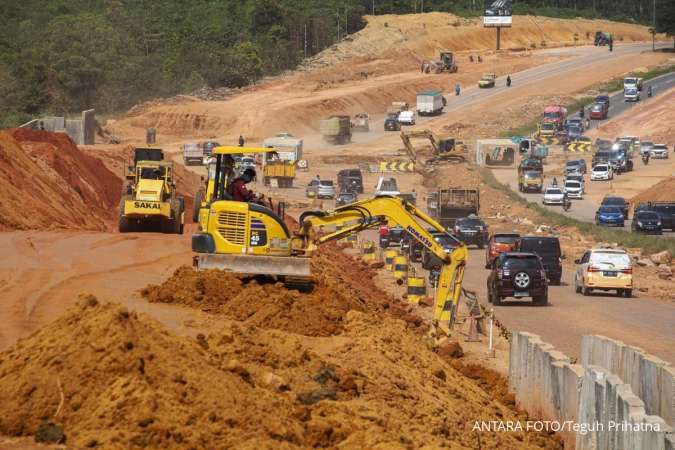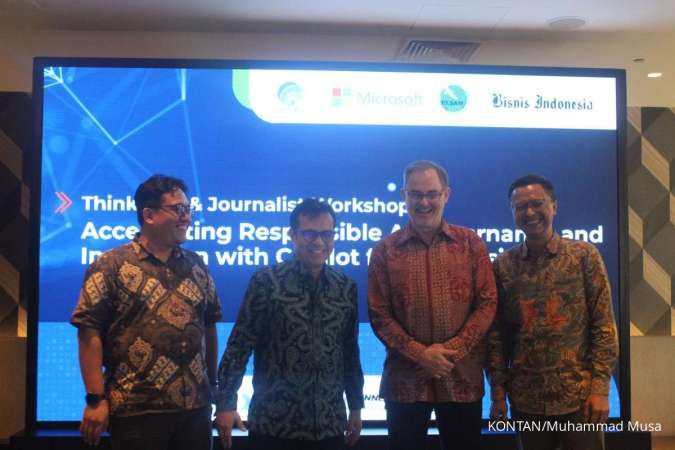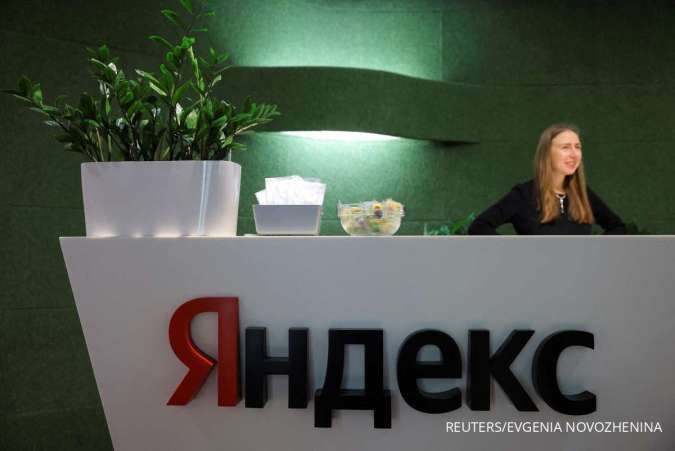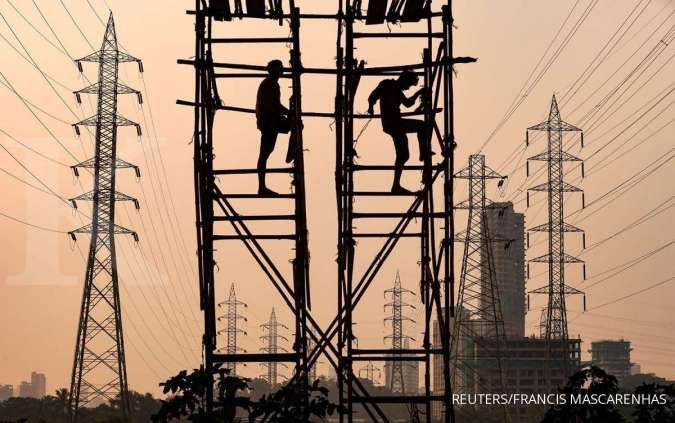JAKARTA, Indonesia — The Indonesian Ministry of Communication and Informatics (Kominfo) is currently drafting regulations related to the governance of artificial intelligence (AI), with the aim of finalizing them before the transition to a new government.
"The substance of these regulations will have a stronger binding effect on technology industry players compared to the Circular Letter of the Minister of Communication and Informatics Number 9 of 2023," said Nezar Patria, Deputy Minister of Communication and Informatics, during the ThinkThank & Journalism Workshop: Accelerating Responsible AI Governance and Innovation with Copilot for Indonesia on Monday.
Patria noted that generative AI can increase the urgency of establishing global to national governance. This was evident at the G20 forum in 2019, which campaigned for AI to promote inclusive development and accountability.
Antony Cook, Corporate Vice President and Deputy General Counsel at Microsoft, pointed out that the economic opportunity for AI in Southeast Asia is around US$ 1 trillion, with about US$ 336 billion in Indonesia. He believes this needs to be supported by infrastructure, digital talents, and AI regulation.
"The economic opportunity of generative AI is expected to increase productivity," Cook said in his presentation.
Meanwhile, Wahyudi Djafar, Executive Director of ELSAM, explained that many countries have responded by issuing government policies to regulate AI. In October 2023, the United States issued an equivalent policy, the Executive Order on the Safe, Secure, and Trustworthy Development and Use of Artificial Intelligence.
On December 8, 2023, the European Parliament approved the Artificial Intelligence Act, which emphasizes a risk-based approach to AI governance. This was followed by South Korea, Japan, and Taiwan adopting similar measures.
Furthermore, on March 21, 2024, the United Nations General Assembly issued a resolution on the safe, secure, and trustworthy use of AI systems for sustainable development. Similar actions have been taken by the governments of the G7 countries, China, and others.
/2024/05/06/841049855p.jpg)















